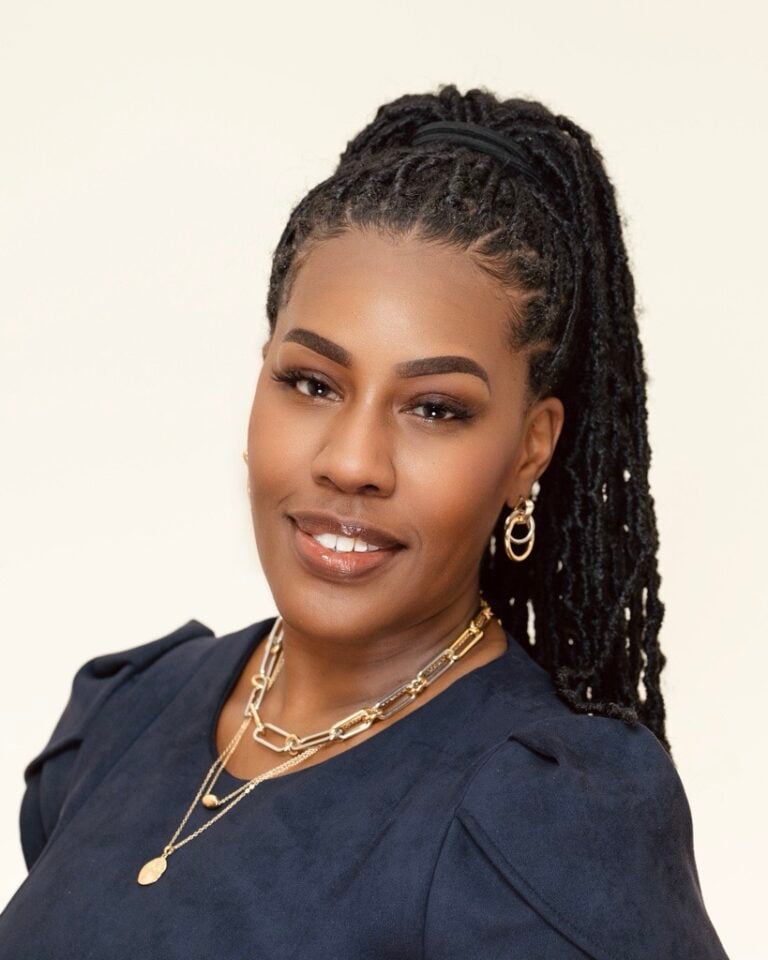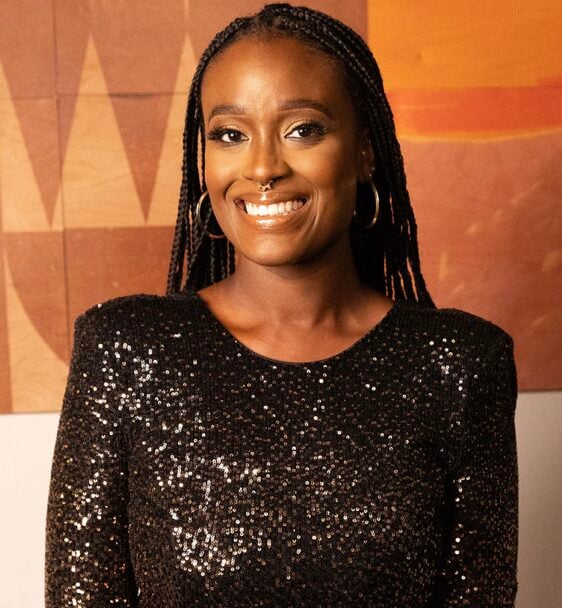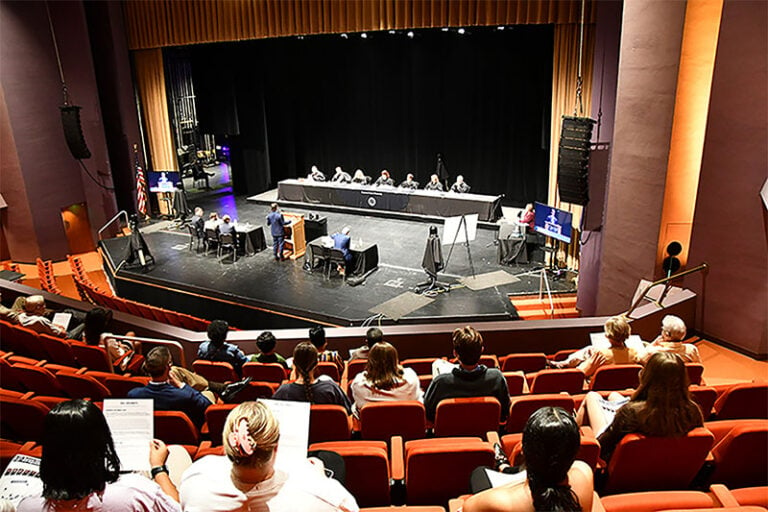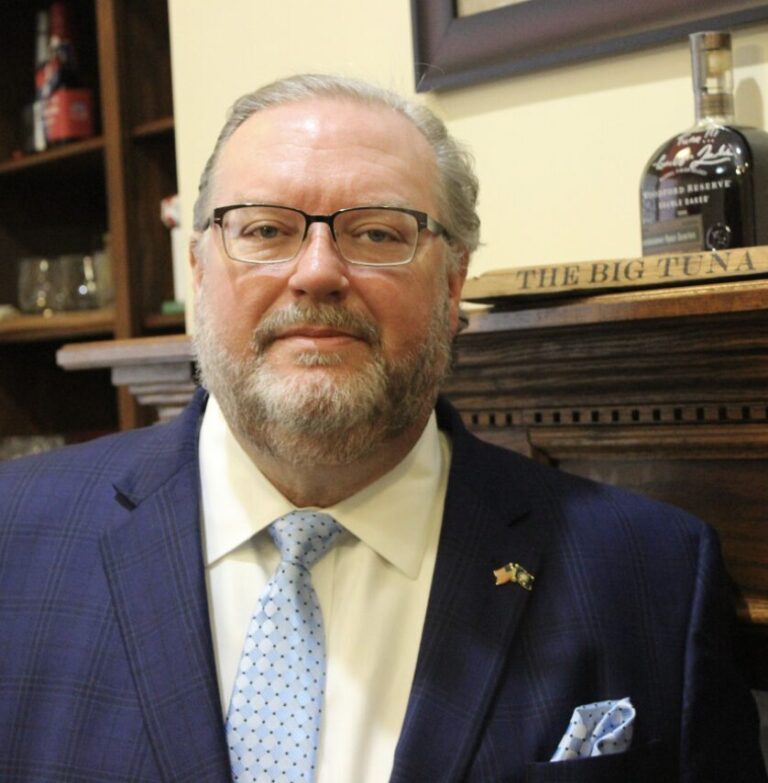I refer readers to my earlier column, in which I related my conversation with my moderate anti-Trump Republican friend, about our political viewpoints.
I entered into that endeavor with the expectation that it would be largely about Trump. That did not turn out to be the case.
What did occupy our time were matters that reflect the thinking of traditional Democrats – not the Bernie Sanders/AOL wing of the party – and traditional Republicans – not the MAGA wing of the party.
Some might think that such a conversation would be a throwback to the concerns of earlier generations. But it was not. Both parties include many, if not most, who are not at the extremes. Although some might feel driven there by the heightened polarization of the present.
For example, to pick up where my friend started, DEI. He believes the legitimacy of the issue was overcome by the extremist advocacy of its proponents. While I and other DEI advocates contend there is still a long way to go before society genuinely accepts increasing diversity.

Demographers tell us that in a very few years the U.S. will be a minority majority society. In other words, whites will be the minority. Given the degree of discomfort with increasing diversity in our present white majority society, concern about how that major transition will play out seems warranted.
This is the big DEI picture. It includes both the continuing search for racial justice in a society that must deal, day in and day out, with people impacted by 400 years of racial animosity; and the impact of massive immigration reflecting centuries of injustice in other countries in our hemisphere.
Those in the “centrist” area of the political continuum – where traditional Democrats and traditional Republicans dwell – recognize that these issues will continue to tear at us until we establish rational and balanced policies that can sustain an acceptable status quo – and a stable framework in which to pursue such substantive policies.
With the Supreme Court’s abandonment of affirmative action in university admissions, and Trump’s complete abandonment of racial justice in all things, it is not clear how or if things will improve. Harvard’s experience of African American admissions dropping immediately from 18% to 14% following the Court’s decision suggests backward steps to come.
Immigration screams for an overhaul. There has been no policy evolution since the 1980’s that addresses the waves of people seeking freedom from oppression and/or a better economic life.
It is clear from current events that there is no agreement on how to approach these areas. Yet it does not appear impossible for traditionalists from both parties to collaborate on developing a framework for working on them. That is appealing, given all the givens.
My friend’s thoughts about poverty were similar to his thoughts about race. He was surprisingly open-minded about the minimum wage. But more generally he views the poor, and those who advocate for them, as not taking sufficient responsibility for the problem.
It would take a book to address the issues relating to poverty – a book I tried to write several years ago, in Bending the Arc Toward Justice. But the minimum wage is in my estimation one of the most important components of an anti-poverty strategy.
Why? It is a manifestation of JFK’s famous dictum, “a rising tide lifts all boats.” It sets a floor. As the floor rises, those above the floor are pushed up. The present minimum wage is $7.25 an hour. It has not been increased since 2009. And is about 60% of the poverty level for a family.
The fact is that most of the poor, those who are not disabled or caring for a disabled person, do work, at least part time. So says the Kentucky Center for Economic Policy. But they do not earn enough to stabilize. So they drift from instability to instability, relying on a variety of public assistance programs, paid for by taxpayers, to stay afloat. These benefits are necessitated in large part by the failure of employers to pay adequate wages for low-skill work.
This reality reflects my friend’s frustration with growing dependence. I see it more in the failure, since Reagan, for taxation and wages to keep pace with growth and productivity. Resulting in ever-growing income inequality.
We have, in my judgment, paid a huge price for that failure. Much of today’s fear and anger can rightfully be attributed to it. And to its manifestation in the global economy, resulting in the loss of good manufacturing jobs overseas and the primacy of service jobs here.
The unfolding of the cyber economy has instituted a new generation of technological innovation and good jobs. Which has provided great stability for the well-educated.
But many people have been left behind. They are not happy. They are especially unhappy with government. Many have become adherents of MAGA. Promised lower food prices and relief from immigrants, they bought in.
As shown above, the beginning of this movement was not current inflation or brown faces. It was much more the cumulative residue of trickle-down economics and increasing globalization.
So how to distill all of this to a proposal? While traditionalists in both parties reject Trump, they recognize that much of our problem with him was there to begin with. And will survive him once he leaves the stage.
It is those things that should hold our focus. While holding JFK’s dictum as our credo – a rising tide lifts all boats.
In bringing this meditation to a conclusion, I turn to FDR. What has a huge impact on our society, and the intense polarization we are currently experiencing, is what he called “want,” the need for food, housing, and other basic necessities.
In his famous Four Freedoms speech in 1941, he described America’s primary goals as freedom of speech, freedom of worship, freedom from want, and freedom from fear.
These ideals served as his blueprint for governance during the Depression and WW II.
I believe that if we – the traditionalists and the centrists – focus on this framework, along with JFK’s faith in the rising tide, we might have a chance of achieving a workable center, that addresses basic concerns well enough to support a government we can live with.
Col Owens is a retired legal aid attorney and law professor, author of Bending the Arc Toward Justice, longtime Democratic Party activist, and member of the Boards of Directors of Kentucky Voices for Health and the Kentucky Board of Elections.
See Col Owens’ first conversation column here.

















